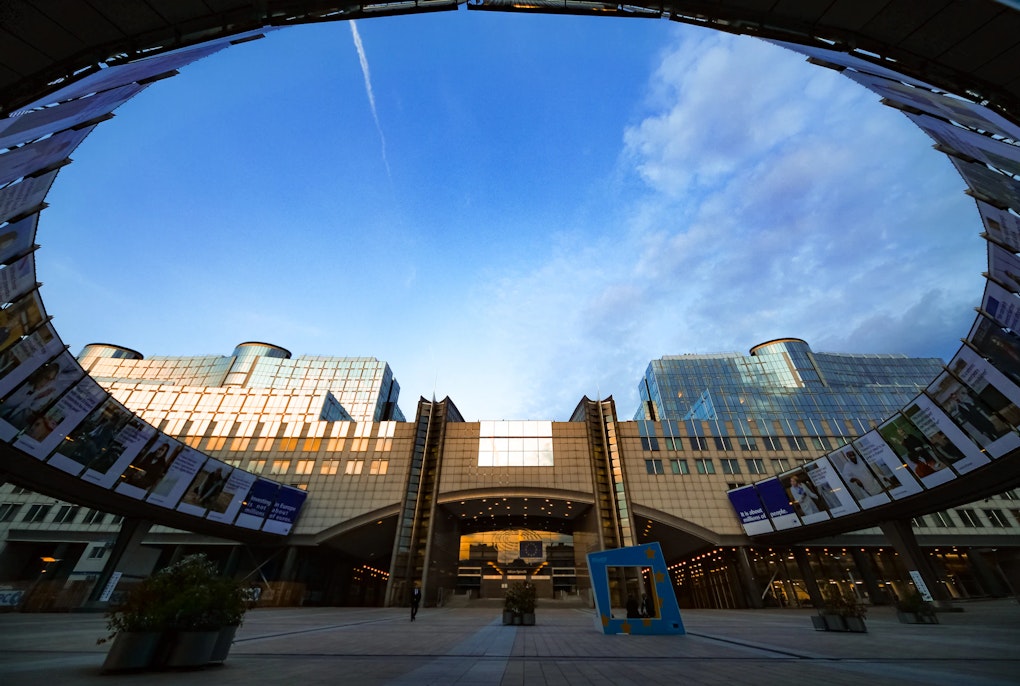
The Old Man and the European Social Union
 Bastian Karge
Bastian Karge
On 28 February 2022, the Intergovernmental Panel on Climate Change (IPCC), the most authoritative intergovernmental body in charge of providing scientific information on climate change, released its Sixth Assessment Report "Climate Change 2022: Impacts, Adaptation and Vulnerability". This new report, which has been announced by the UN Secretary-General Antonio Guterres as “an atlas of human suffering and a damning indictment of failed climate leadership”, looks at climate change causes, impacts, future scenarios and solutions. It gives the clearest indication to date of how a warmer world is leading to irreversible impacts and is pushing natural and human systems beyond their ability to adapt. The report’s findings clearly reinforce the urgency of climate change action and calls for efforts far beyond current commitments. To this end, the European Commission, following the adoption of the European Green Deal (2019) as the EU’s new growth strategy involving all economic sectors, and of the European Climate Law (2021) as the EU’s binding instrument to pursue a climate-neutral economy by 2050, published the "Fit for 55" package in July 2021. The package aims to revise key EU policies and legislative acts across various sectors, including energy, transport, and building, and to align them with the new 2030 climate target of “at least 55% GHG reductions” and the 2050 climate-neutrality objective. The ongoing legislative and strategic EU initiatives to achieve more ambitious greenhouse gases reduction targets go along with the EU initiative on adaptation, i.e. the new 2021 Adaptation Strategy, which encourages Member States as well asregional and local councils to take action to become resilient to climate change. The EU’s efforts to promote adaptation across Member States have intensified, particulary over the last years. This intensification has been brought about by establishing mechanisms of knowledge-sharing and best practice-exchanges among public and private stakeholders of Member States through initiatives such as the Climate-Adapt Platform as well as by the Member States' involvement of local governments and cities to engage in adaptation initiatives on the basis of voluntary commitments - such as the Mayors Adapt initiative, and by providing financial support through existing European funds of which the EU’s Solidarity Fund is an example. Despite progress, considering the new IPCC findings, more efforts are needed both in and outside of the EU.

This content is licensed under a Creative Commons Attribution 4.0 International license.